Discover the different types of affiliate marketing models, from pay-per-click to recurring commissions. Our guide explains each one to help you find the best strategy for your business.
Disclosure: This post may contain affiliate links. This means that if you click on a link and make a purchase, I may earn a small commission at no extra cost to you. I only recommend products and services I truly believe will add value to you.
Affiliate marketing is a popular way for both beginners and experienced digital marketers to earn passive income online. With so many approaches and business models out there, it can be tricky to figure out where you fit in, or which type of affiliate marketing is the best match for your goals. Here, I’ll break down the main types of affiliate marketing, what makes them different, and share some tips on how you can get started.
![]()
Understanding the Main Types of Affiliate Marketing
There’s more than one way to make money with affiliate marketing. These methods range from handsoff, lowcommitment options to longstanding, strategyheavy approaches. The key is finding the approach that matches your experience, interests, and the way you want to do business online.
Out of all the programs I’ve tried or studied, one called Wealthy Affiliate really stands out for beginners because it’s built to guide you through all these different types, no matter where you decide to focus.
Unattached Affiliate Marketing
This is probably the simplest type of affiliate marketing to jump into. Unattached affiliate marketing means you promote a product or service without any real connection to your audience or any personal experience with what you’re promoting.
- How it works: You don’t need a website, email list, or social following. Instead, you run paid ads directly linking to the product or service, aiming to earn a commission whenever someone buys through your link.
- Pros: Quick setup, no need to build authority or a personal brand. Great for those who just want to test the waters.
- Cons: Can be expensive since you’re relying on ads. Lower trust means lower conversion rates, and you have little control if your ad account gets flagged or shut down.
This style can suit folks who are comfortable tinkering with paid ads and analytics, but it’s usually not a great longterm plan if you want to build a sustainable income stream. Platforms like Wealthy Affiliate recommend learning other, deeper approaches for more reliable results.
Related Affiliate Marketing
Related affiliate marketing is something I tried when starting out, and it’s where many newbies kick things off. With this style, you have an online presence, like a blog, YouTube channel, or social media page—that’s relevant to your niche, but you’re not always using or fully endorsing each product or service you promote.
- How it works: You create content about products or services that fit your niche, then use your affiliate links in your content. You might write reviews, tutorials, or share comparisons with your audience. Most readers know you’re an affiliate, but you haven’t always used the products yourself.
- Pros: Easier to rank in search engines, build an audience, and earn recurring commissions. Works especially well for hobby bloggers and niche site builders.
- Cons: If you push too many products you haven’t tried, trust can fade. It’s important to strike a balance and offer genuine insight.
This approach lets you earn money while you grow a blog or social channel. Tools and platforms like Wealthy Affiliate teach a contentfirst approach so you can start small and grow your credibility along the way.
Involved Affiliate Marketing
Involved affiliate marketing goes one step further. Here, you’re deeply engaged with your niche. You might actually use the products you recommend and give honest reviews or tutorials based on your real experience.
- How it works: You’ve got a blog, a YouTube channel, or maybe a podcast, and you share handson insight. You’re basically saying, “I’ve tried this, here’s what happened,” and giving real pros and cons.
- Pros: Super high trust with your audience. Your readers and viewers are way more likely to buy when they know you’ve really put something to the test. You can develop true passive income streams and become the goto voice for your topic.
- Cons: Takes more time and effort, and you may need to invest in products before recommending them. You have to commit to keeping your content honest and updated.
This is the style most seasoned affiliate marketers lean into, because it’s reliable and rewarding over the long haul. If you’re building a brand or authority site, this is the way to go. Wealthy Affiliate makes it easier to learn this by connecting you to other marketers, training, and industry tools.
Other Models: Hybrid and CPA Affiliate Marketing
The three major types above are the big picture, but affiliate marketing can get really creative. These are a couple of the less common but still useful models:
- Hybrid affiliate marketing: Some programs pay a mix of commission and either recurring fees or a flat bonus. For example, you might get a fee for a signup plus a share of future purchases.
- CPA (Cost Per Action) affiliate marketing: You get paid for specific actions, like a user filling out a form, downloading an app, or subscribing to an email list, instead of just for direct sales.
Depending on your strengths, these can be pretty handy. A lot of networks offer CPA deals if you want something a bit different from traditional sales commissions.
Quick Guide: How to Pick the Best Approach for You
Choosing between all these models depends on a few things, like your comfort with paid ads, your willingness to create content, and your longterm goals. Here’s a quick guide to help you find your fit:
- Start with what you know: If you already use certain products and love them, involved affiliate marketing is a smart way to start. Give people your honest opinion.
- Consider time and cost: Running a blog or video channel takes effort, while unattached marketing can get expensive with ads. Weigh your resources before you pick a direction.
- Think about trust: The deeper your connection to your audience and niche, the easier it is to earn more consistently from affiliate programs.
- Test and adjust: Don’t be afraid to try one approach, see how it goes, and switch if it’s not clicking for you.
The Wealthy Affiliate program stands out here since it helps you test out different approaches while building your website, learning about SEO, and connecting with mentors. Whether you’re interested in writing, making videos, or running paid ads, there’s a support system in place.
Potential Challenges and How to Handle Them
No matter which type you choose, there are some bumps in the road you might hit. Here’s what I’ve seen and how to work through them:
- Picking the wrong niche: If you go too broad or too narrow, you might struggle to find an audience or get decent commissions. Careful niche research really helps.
- Product quality issues: Promoting shady or unreliable products can sink your credibility. Always check user reviews, use the products when possible, and focus on longlasting, reputable affiliate programs. Wealthy Affiliate provides a vetted list of programs, which can help you avoid shady deals.
- Building an audience: Growing your traffic is a slow, steady process. Success doesn’t happen overnight, but things speed up when you learn about SEO, content marketing, and conversion strategies inside a training platform like Wealthy Affiliate.
- Compliance problems: Many affiliate programs have strict rules about what you can say or where you can post links. Make sure to follow these, or you might lose your commissions.
Why Wealthy Affiliate Helps
A big reason I recommend Wealthy Affiliate to new marketers is because it solves a lot of these common headaches. The community can answer your niche questions, the training walks you through technical hurdles, and they even offer research tools to make picking the right programs and keywords easier. Everything’s in one spot, which is rare in this industry.
Popular Platforms and RealWorld Examples
Affiliate marketing isn’t just limited to big websites. Here are some examples and ideas for how you might approach it:
- Blogging: Running a site focused on a hobby or career field. Think of a fitness site with reviews for protein powders and workout apps.
- YouTube channels: Some people earn a big chunk of income by sharing reallife tests and tutorials, such as camera reviews or online tool demos.
- Email marketing: Setting up a useful newsletter and occasionally recommending helpful products.
- Social media: Sharing affiliate links in Instagram stories, TikTok videos, or dedicated Facebook groups.
The best platform depends on where you’re comfortable creating content. Wealthy Affiliate covers training for almost every one of these methods, so you don’t waste time learning what works.
Frequently Asked Questions About Affiliate Marketing Types
Question: Which type of affiliate marketing is best for beginners?
Answer: Related affiliate marketing is usually the best for beginners who are building an audience, but involved affiliate marketing delivers better, longterm results as you gain experience and trust.
Question: Do I need a website to start with affiliate marketing?
Answer: Not always. Unattached affiliate marketing doesn’t need a website, but most other models benefit from having your own site or platform, which you can set up easily with tools like those found at Wealthy Affiliate.
Question: Can I use more than one affiliate marketing model?
Answer: Absolutely. Many successful marketers mix approaches, starting with related marketing and gradually getting more involved as they gain product experience and audience trust.
Final Thoughts
A good affiliate marketing strategy is all about finding what feels comfortable and sustainable for you. Whether you’re into blogging, making videos, or experimenting with different traffic sources, there’s a type of affiliate marketing that fits. Wealthy Affiliate has a strong track record for helping people figure out their own path, build the right skills, and connect with supportive communities. That makes it a smart place to start if you’re feeling stuck or overwhelmed.
Give yourself the space to learn and experiment, and with time and the right guidance, affiliate marketing can be a really rewarding path, whether you want a side hustle or something bigger.

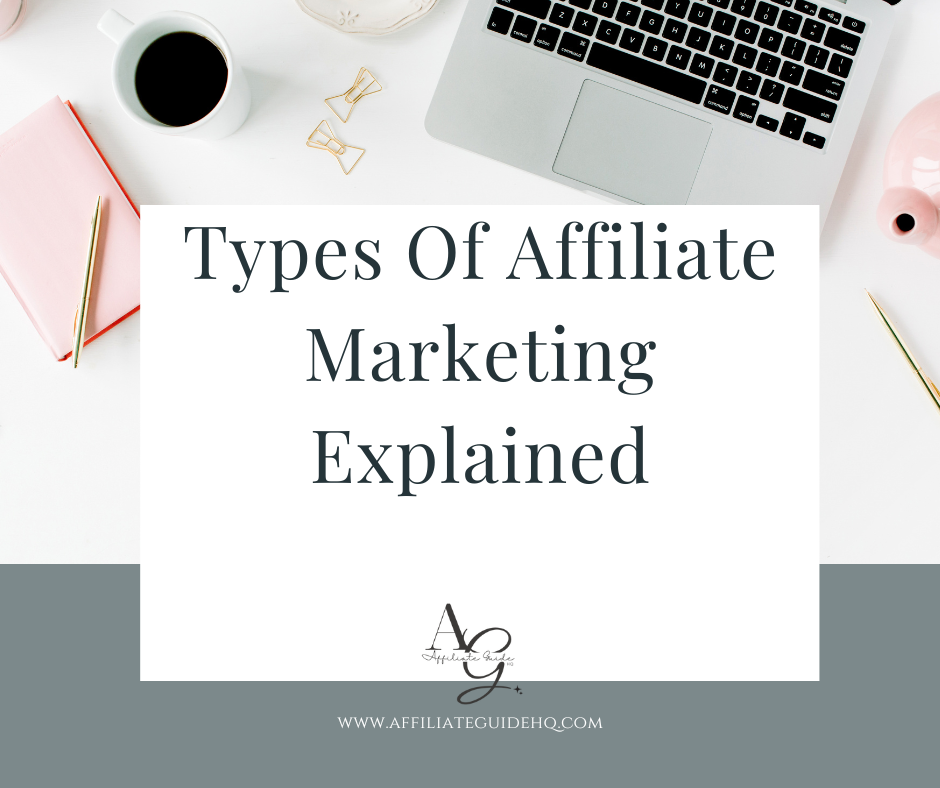

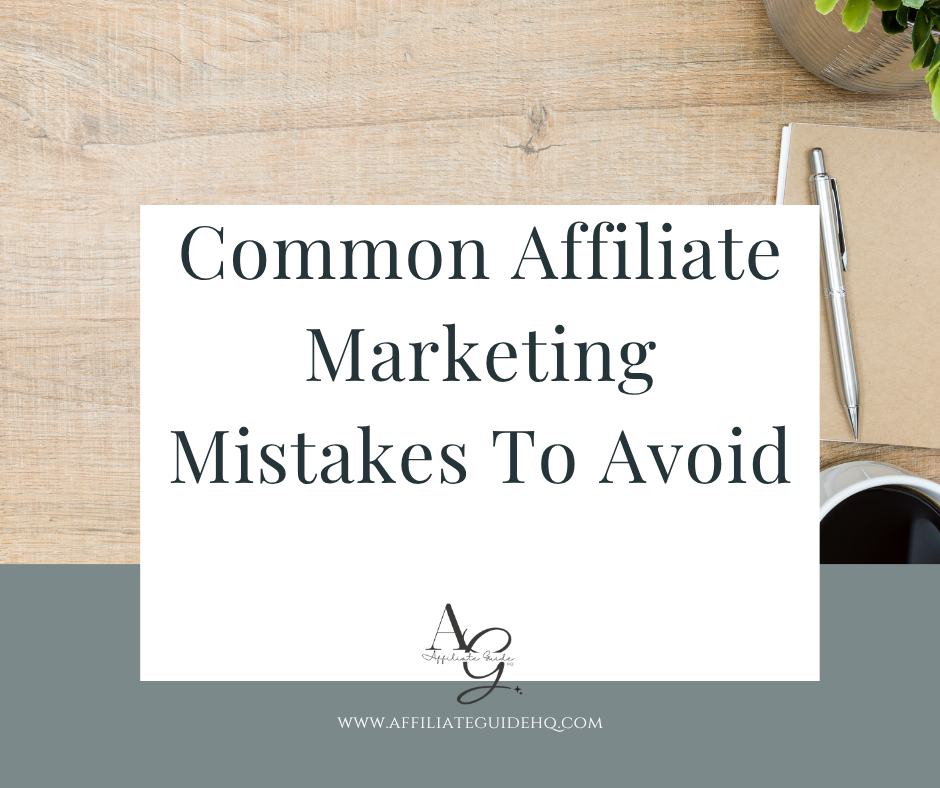


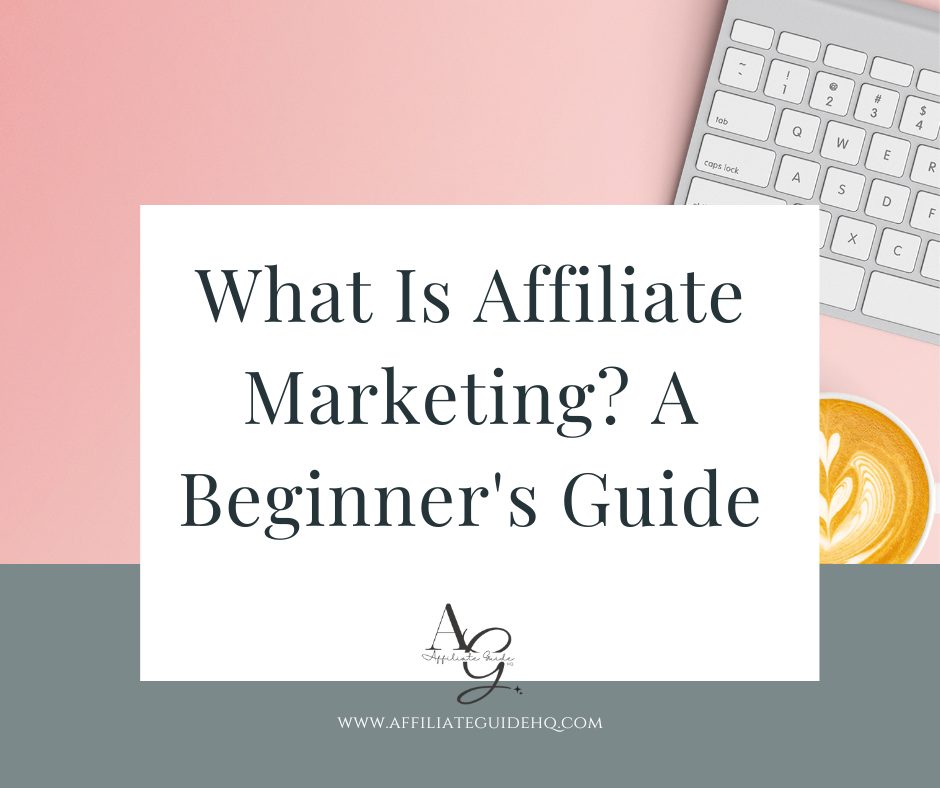
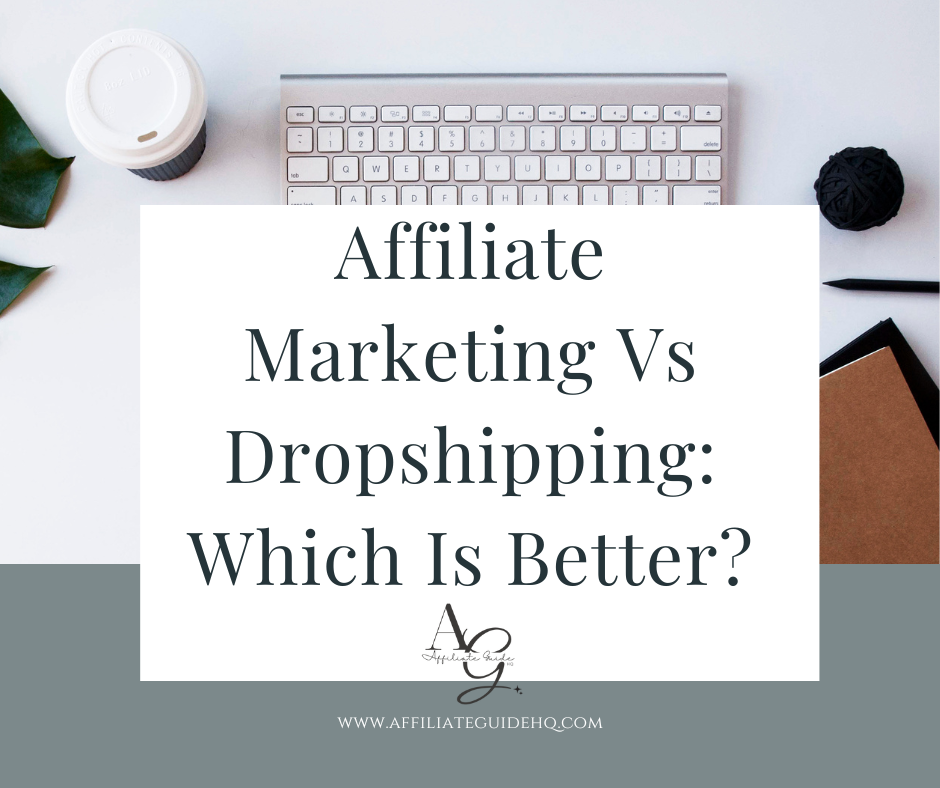

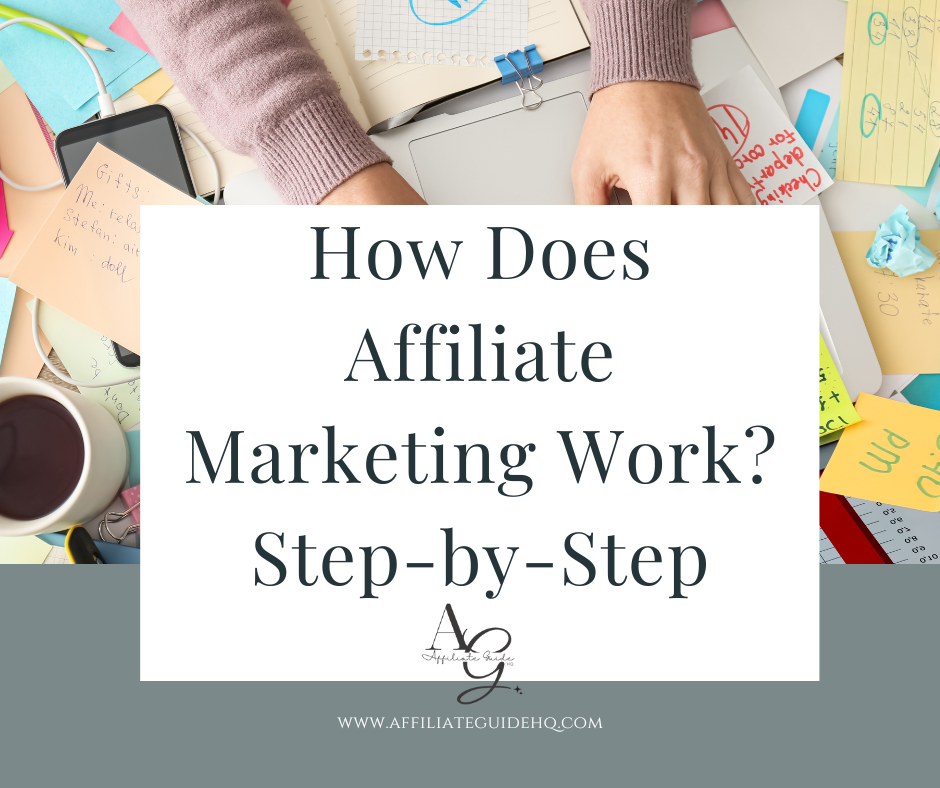

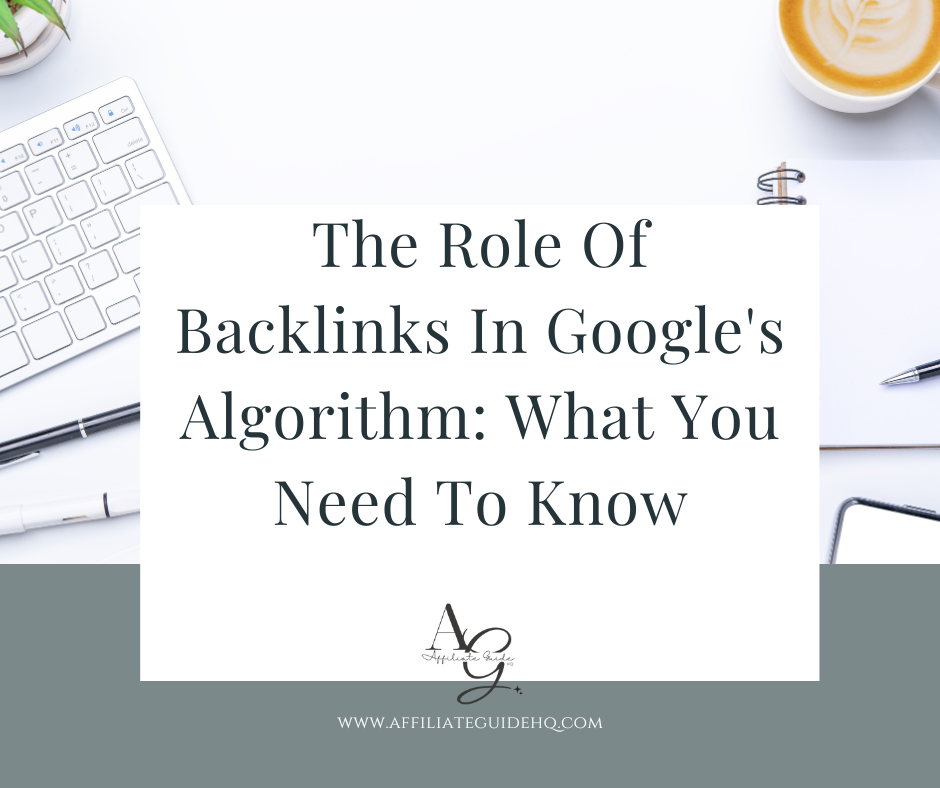
Leave a Reply